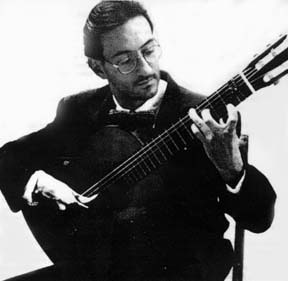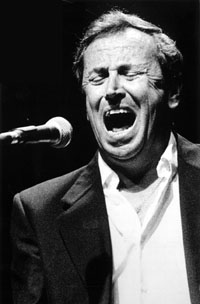What is Flamenco?

Flamenco is a particular kind of music
and/or dance native to a small region in Southern Spain.
Like American "blues" it
probably has ancient antecedents, but as a distinct
genre is only a couple centuries old. Not all folk music
is flamenco.

Some classical guitarists view flamenco
as a "style" of guitar playing emphasizing
certain techniques above others and having a distinct
sound. The misconception is that if you are working in
Phyrygian scales and adding a lot of Am's, G's, and F's,
it's flamenco. Though these progressions and scales are
LIKE flamenco, that doesn't make them so.
Flamencos ( guitarists, dancers, singers, aficionados), whatever their own
specialty, and for both formal and historical reasons, usually agree that what
is fundamental to flamenco is "cante" (song),which
is a body of several dozen forms with specific rhythms, melodies, and in some
cases themes, performed in a certain way.
Flamenco guitar started as accompaniment for cante, and in
Spain has largely remained that, no matter how technically refined it has become.
The same is mostly true of flamenco dance, which started as an embellishment
through movement of what the singer was doing.
Even the virtuosos like Paco de Lucia
and the late Sabicas who are famous for solo work (and
who play other music besides flamenco) would probably
define flamenco in terms of cante rather
than of guitar technique. Both started within the tradition
as accompanists of cante, and were superb
ones. To anyone familiar with cante, even their solos
imply the cante from which they came.

Spaniards know this already. You say "flamenco" and
they think "Camaron" (a popular
singer who died in 1992) or "solea" (a
song form), whether they like the music or not. Non-Spaniards
rarely hear cante, and understandably have different
associations. It's very important to emphasize for them
that cante is central to flamenco.
Continue
to : "What Makes a Flamenco Guitarist?"
|
